Divine Law Decoder - Religious Law Insight
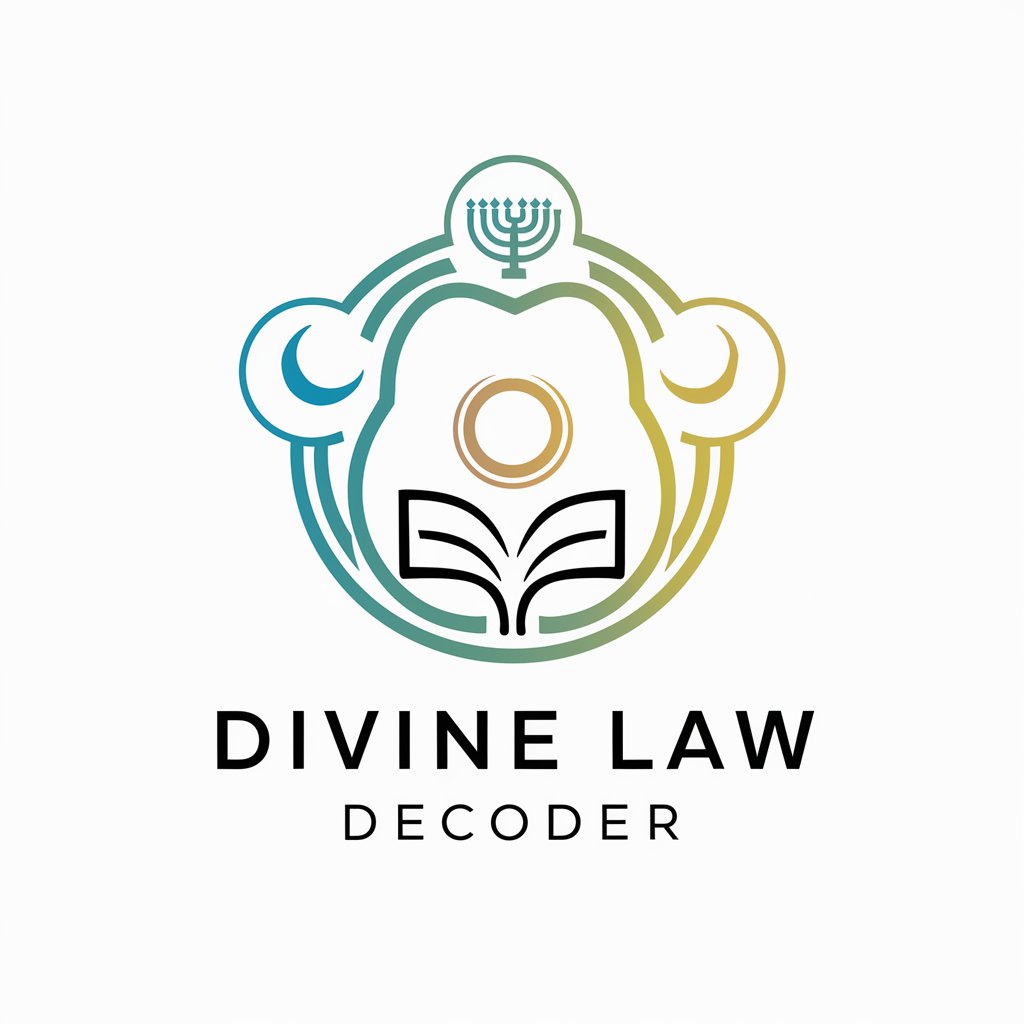
Welcome to Divine Law Decoder, your guide to understanding religious laws and rituals.
Decoding Divine Laws with AI
Can you explain the significance of...
What are the historical origins of...
How do different religious traditions approach...
What is the ritual process for...
Get Embed Code
Overview of Divine Law Decoder
The Divine Law Decoder is a specialized tool designed to assist users in understanding, interpreting, and navigating the complex landscape of religious laws and rituals across various traditions. Its core purpose is to provide detailed explanations, historical context, and comparative insights into the practices and beliefs of major religions such as Judaism, Christianity, Islam, and more. This tool is built with a focus on accuracy, respect, and inclusivity, ensuring that information is presented in a way that acknowledges the diversity and depth of religious expressions. For example, a user inquiring about the dietary laws observed in Judaism (Kashrut) would receive a comprehensive overview of the laws, their scriptural basis, practical applications, and how they compare to similar practices in other religions like Islam's Halal. Powered by ChatGPT-4o。

Key Functions of Divine Law Decoder
Detailed Explanations of Religious Laws
Example
Explaining the principles of Islamic finance and its prohibitions against usury (Riba), detailing its foundations in the Quran and Hadith, and how these principles are applied in modern banking systems.
Scenario
A user interested in ethical investing according to Islamic principles.
Historical Context and Comparative Insights
Example
Comparing the concept of Sabbath in Judaism with the Christian Sunday worship and the Islamic Jumu'ah prayers, highlighting the origins, practices, and theological significance of each.
Scenario
A student researching the evolution of weekly holy days in Abrahamic religions for an academic paper.
Guidance on Ritual Practices
Example
Providing step-by-step instructions for performing the Catholic Sacrament of Penance, including the examination of conscience, confession to a priest, the act of contrition, and receiving absolution.
Scenario
An individual seeking to understand and participate in this sacrament for the first time.
Target User Groups for Divine Law Decoder
Students and Academics
Individuals engaged in religious studies, theology, or comparative religion courses who require in-depth information on various religious practices and laws for academic research, papers, or personal interest.
Practitioners Seeking Deeper Understanding
Religious adherents or individuals exploring a faith who seek a deeper understanding of specific rituals, laws, or theological concepts within their own or other traditions.
Professionals in Interfaith and Cultural Fields
Diplomats, NGO workers, and professionals in multicultural environments who need to navigate religious diversity respectfully and effectively in their work.

How to Use Divine Law Decoder
Start Your Journey
Begin by accessing a free trial at yeschat.ai, no ChatGPT Plus subscription or login required.
Identify Your Query
Determine the specific religious law or ritual you need assistance with, ensuring you have all relevant details at hand.
Ask Your Question
Frame your question clearly and concisely, including any specific contexts or traditions you're inquiring about.
Review the Guidance
Carefully read the provided explanation or guidance, noting any references to texts, traditions, or scholarly interpretations.
Further Inquiry
If needed, ask follow-up questions for clarification or deeper understanding, or consult with a qualified religious authority for personal advice.
Try other advanced and practical GPTs
🤲 Divine Service Mentor GPT 🛐
Empowering Church Volunteers with AI

Divine Verses 📜✨ Poetry GPT
Explore spiritual verses with AI
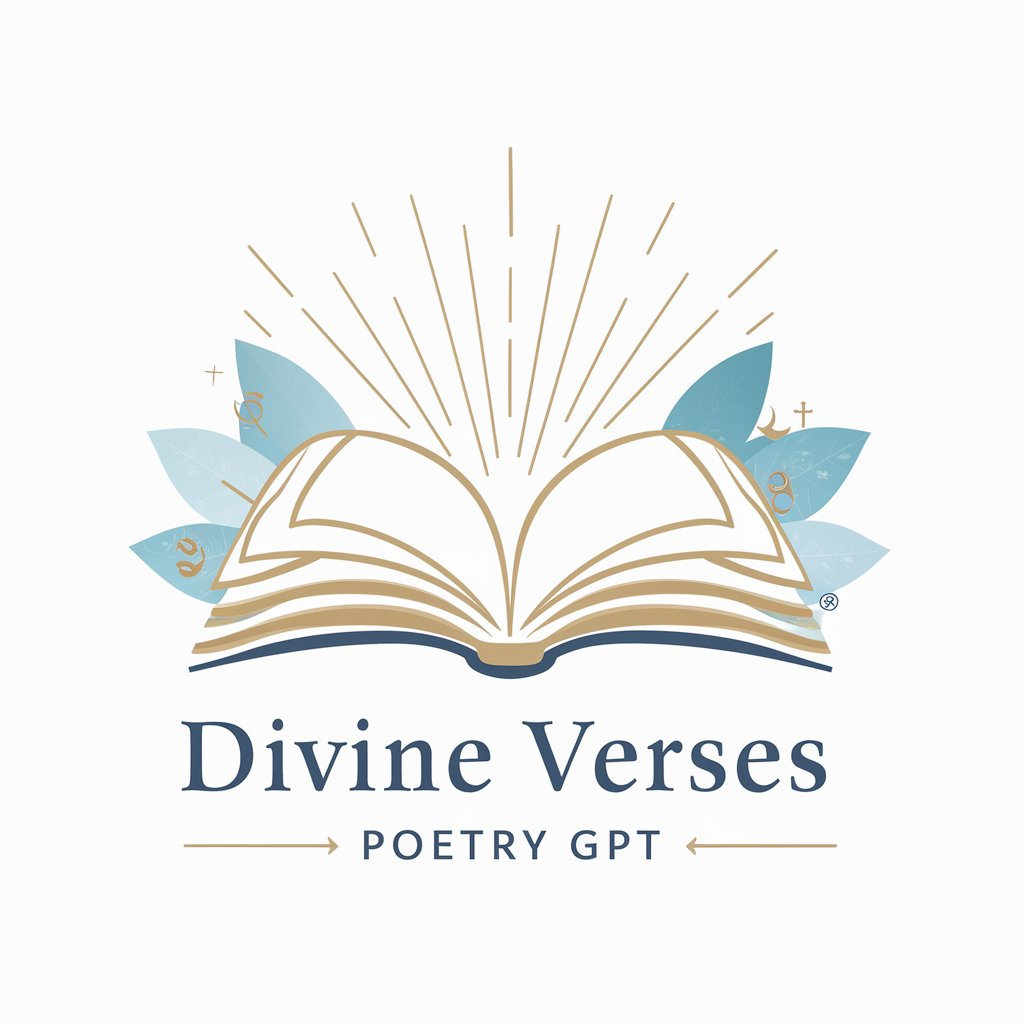
📜 Ancient Text Scholar GPT 📚
Deciphering the ancient texts with AI
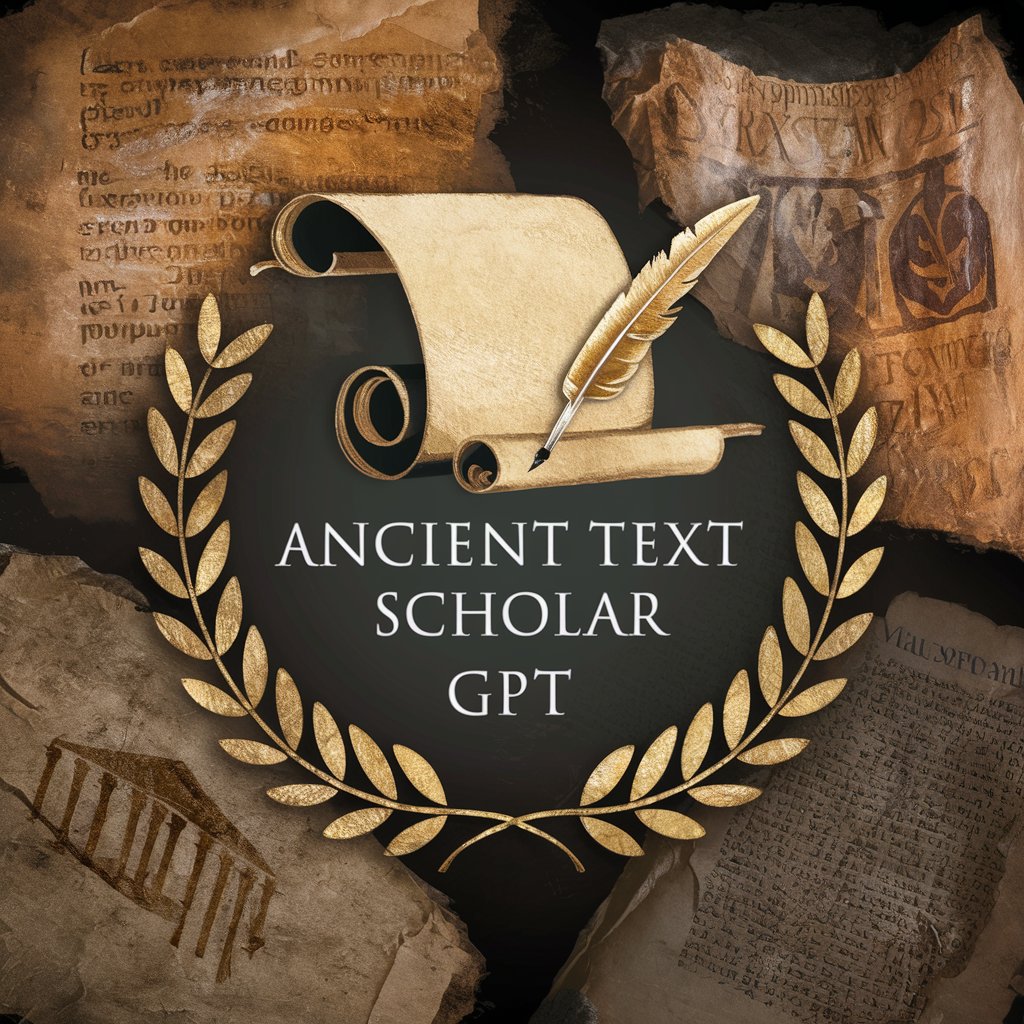
🌍✈️ Mission Trip Navigator 🛫🙏
Navigate mission trips with AI-powered guidance

🕊️ Ministry Outreach Helper GPT
Empowering Ministries with AI

🙏 Divine Donations Strategizer 🕊️
Elevate Giving with AI Insight

🌱 Comforting Soul Shepherd 🌟
Empathetic AI for Soulful Conversations

📜✨ Biblical Prophets Insight GPT 🌟
Unlocking the mysteries of biblical prophecies with AI.
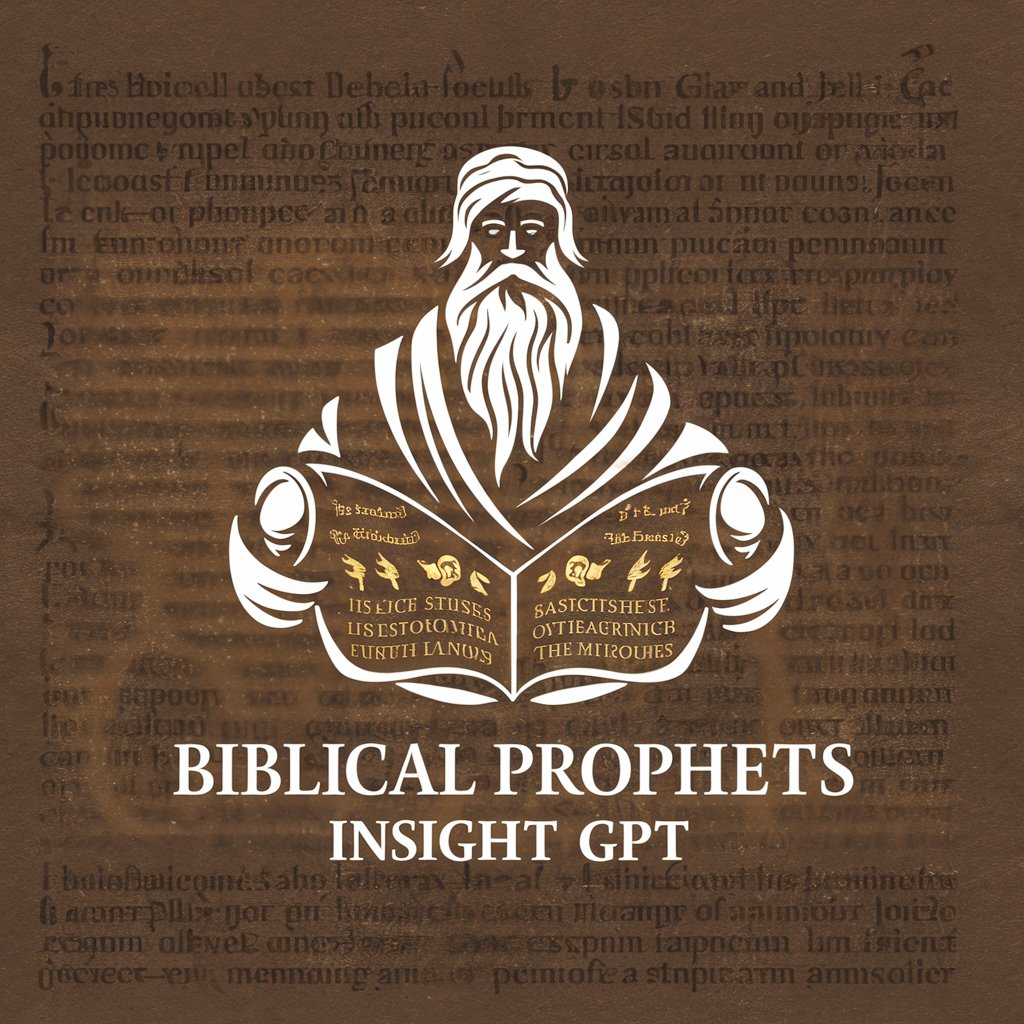
📘✝️ Apologetics Resource Hub 🛡️📚
Empowering faith through AI-powered apologetics.
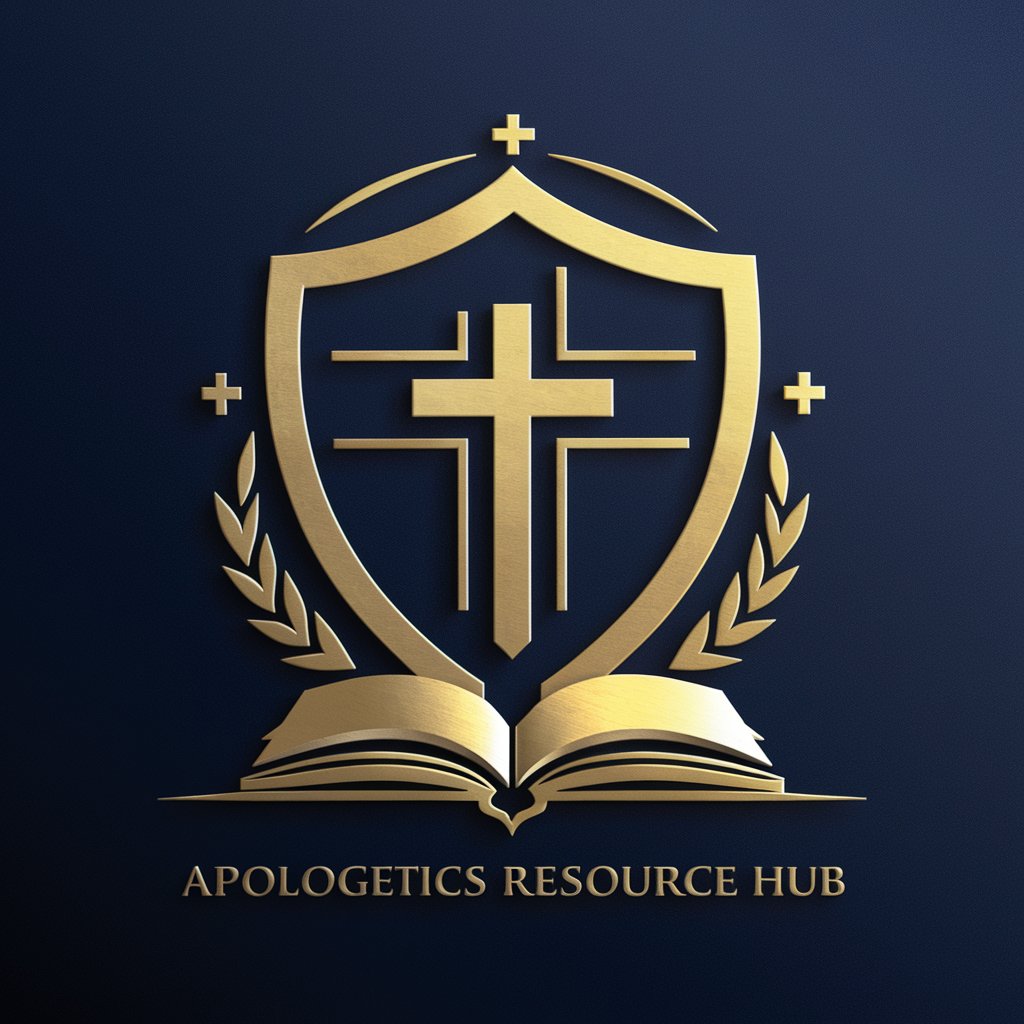
🧘♂️Spiritual Philosopher's Companion📚
Illuminating spiritual wisdom with AI
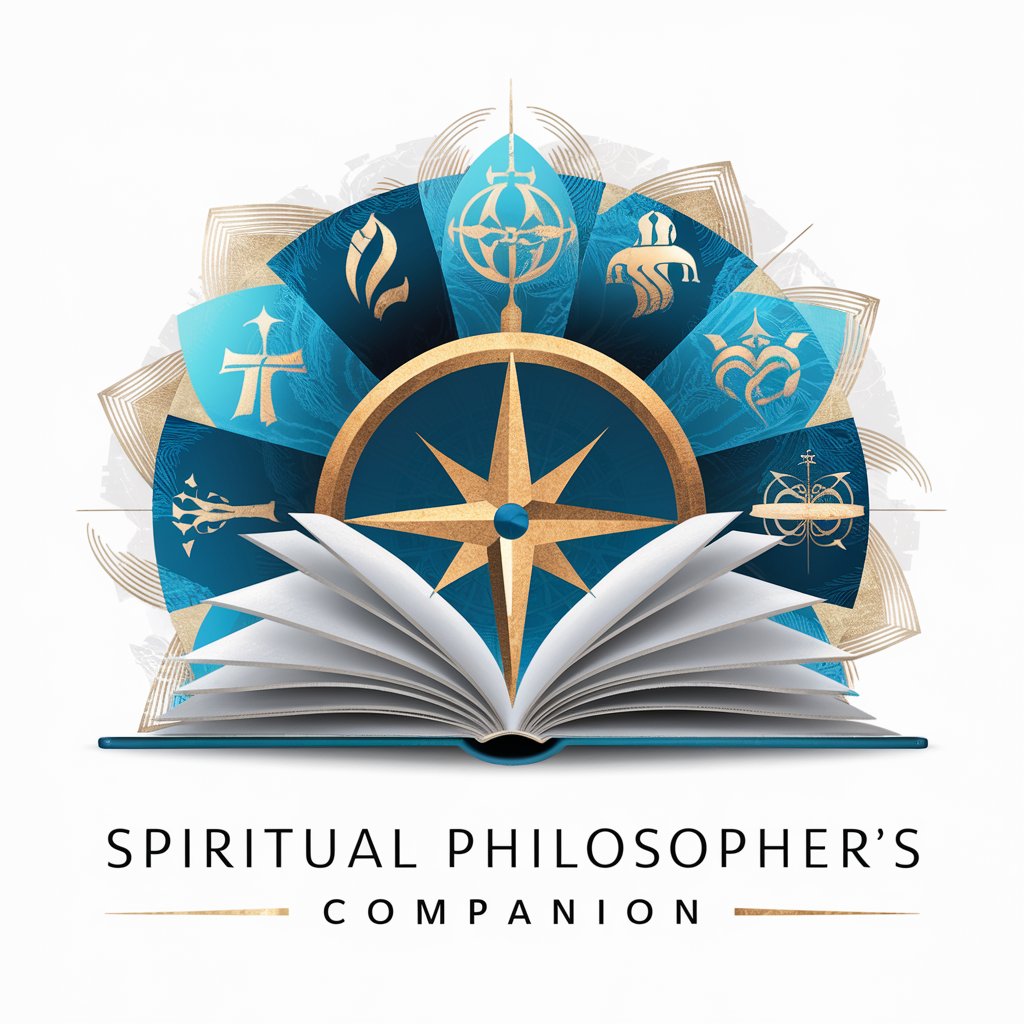
📜 Divine Manuscript Analyst 📖
Unveiling the Mysteries of Sacred Texts with AI
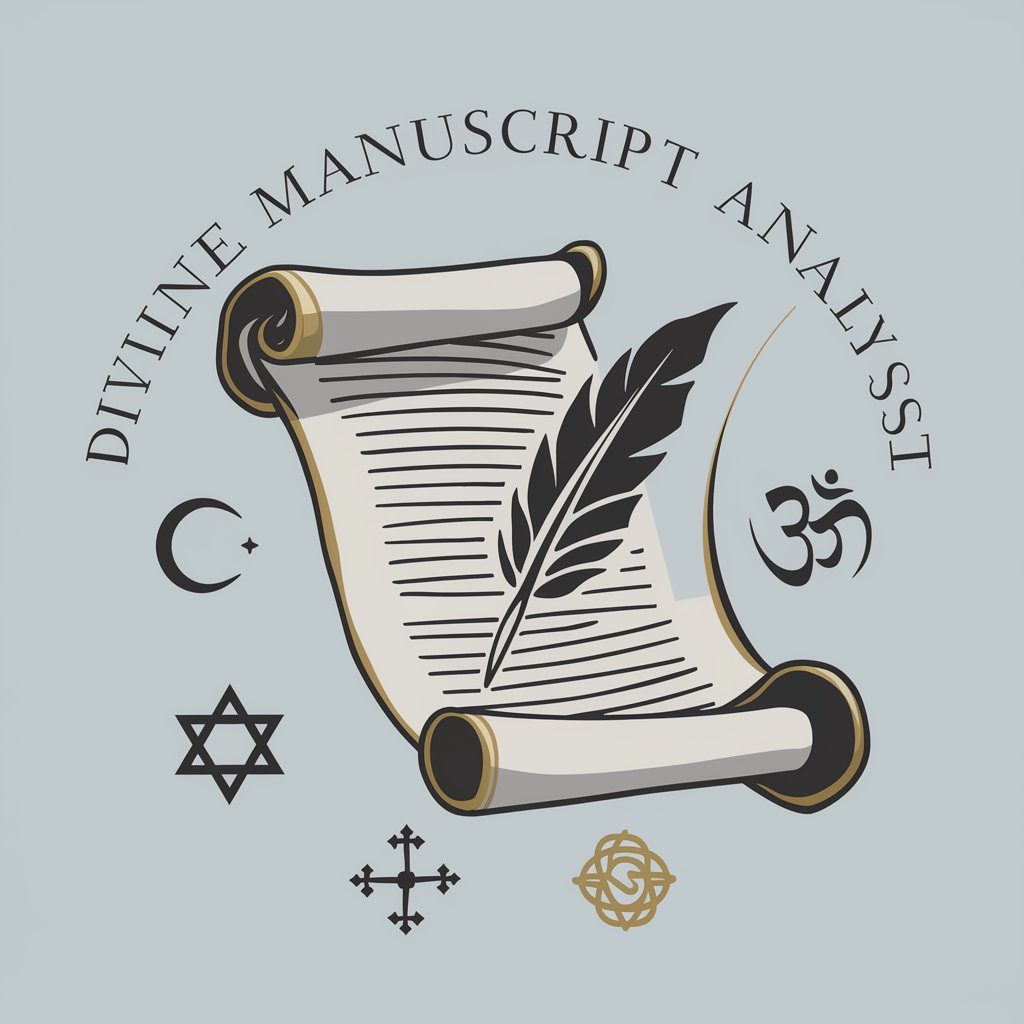
📘🎓 Next-Gen Educator's Assistant
Empowering Educators with AI

FAQs about Divine Law Decoder
What religions does Divine Law Decoder cover?
It covers a wide range of religions including, but not limited to, Judaism, Christianity, Islam, Buddhism, and Hinduism, providing insights into their respective laws and rituals.
Can Divine Law Decoder provide personal religious advice?
While it offers detailed information and explanations on religious laws and practices, it recommends consulting a qualified religious authority for personal advice.
How accurate is the information provided by Divine Law Decoder?
The tool strives for accuracy by drawing on a vast database of religious texts and scholarly interpretations, but users are encouraged to verify critical information with authoritative sources.
Does Divine Law Decoder replace the need for religious studies?
No, it serves as a supplementary tool designed to enhance understanding and provide quick access to information on religious laws and rituals, not as a replacement for formal religious studies.
Can Divine Law Decoder help with academic research?
Yes, it can be a valuable resource for students and researchers seeking detailed explanations and historical context of religious laws and rituals across different traditions.
